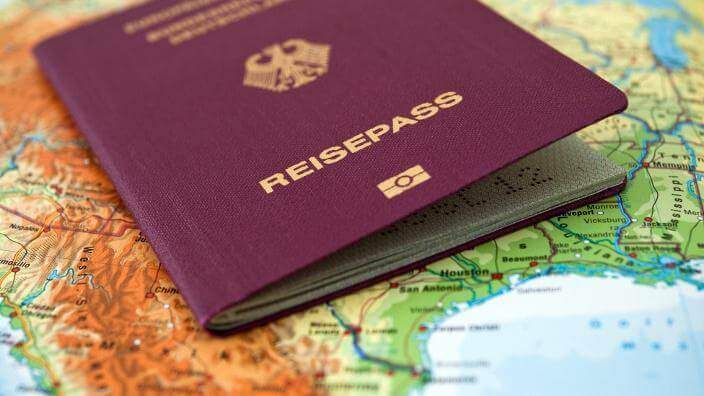
Those looking for a Tier 1 investor visa should apply sooner rather than later after the government’s U-turn, writes Kelly Whiter
On 6 November 2018 the Government announced (via the media), with less than 24 hours’ notice that the Tier 1 Investor route was to be suspended from midnight that day, only to make an embarrassing U-turn on the decision within days. During the whole fiasco, the Home Office has publically remained silent, letting the media do the reporting for them.
So what was driving the decision to suspend, why the U-turn and what does this mean for potential investors? According to the initial press release, the decision stemmed from concerns over money laundering. No official announcement on the suspension was ever made by the Home Office and whilst eagerly awaited, the statement of changes to the Immigration Rules necessary to bring about such a suspension and introduce changes to the programme never came.
The route therefore remained open but with no clarity for applicants and their legal advisers as to what was happening. It was only some five days later on 11 December that the Migration Policy unit at the Home Office confirmed via email that the route was in fact not suspended, but the Government remained ‘committed to reforming the route’ and a further announcement would be made. Whilst no official explanation for the U-turn has been given, it would appear that it is likely due to opposition from other Government departments.
The concerns around money laundering were to some extent addressed in the changes to the route made in November 2014 and April 2015, when the Home Office introduced the requirement to open a UK bank account prior to application and the ability to refuse an application where there are doubts regarding the provenance of the funds.
And let us not forget that investors have already been finding it increasingly challenging to open accounts in recent years, simply because of their nationality, with many financial institutions refusing to even consider opening accounts for prospective investors with certain nationalities and some even going so far as to close accounts for existing investors. Therefore the decision to suspend the route so suddenly seemed unnecessary.
There has generally been a spotlight on a number of prominent investors recently, with the press around the first Unexplained Wealth Orders being issued and thereby scrutiny on the provenance of the funds which were used in order to obtain their visas. However, we should not forget that these incidents are relatively few in number and the majority are genuine investors who have done nothing wrong, yet are being treated as if they have.
This narrative and the events of the last couple of weeks do not encourage potential investors to view the UK as a welcoming place, putting millions of pounds of potential investment at risk. In this uncertain political climate when the UK needs to encourage foreign investment it is important that we do not send a message that we are closed to that investment.
It is clear that the Tier 1 Investor route does need some reform and therefore suggestions such as alternative investment options as part of the new qualifying criteria are welcomed.
However it is hoped that the Home Office will engage with the key stakeholders involved regarding the proposed changes to the route, so as to ensure their objectives are achieved in the right way and the UK remains a destination of choice for the wealthy foreign investor.
For now the Tier 1 Investor route remains open, but for how long remains unclear. The only comfort we can take, as confirmed by the Home Office in their correspondence with the Immigration Law Practitioner’s Association (ILPA) is that if there is to be a suspension of the route or any changes, they will be made via a change to the rules… and with notice we hope.
For those wishing to pursue the Tier 1 Investor route it would be advisable to submit an application sooner rather than later, but additionally it would be prudent for applicants to prepare detailed evidence of the ultimate source of their funds, beyond what is currently required under the current Immigration Rules, in order to avoid unnecessary delays in the processing of their applications with the additional scrutiny they will no doubt be under going forward.
Kelly Whiter is a partner in the immigration department at Fladgate LLP.






